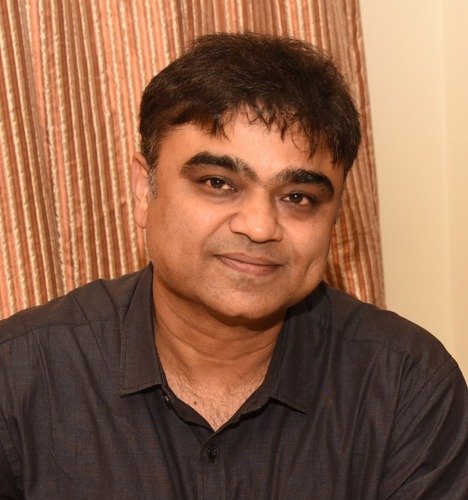
Dr. Mahesh Pai speaks about psychological injuries, its cascading effect on one’s physical health and seeking professional health.
Much too often, it is only when a celebrity commits suicide, that we sit up and take notice of issues such as stress, depression and mental health. It is a fact that in our day to day life, we may attribute a great deal of importance to our physical health and hygiene, but we hardly even acknowledge the need for emotional hygiene.
Dr. Guy Winch, a psychologist, recognises this favouritism we practice of the body over the mind. He advocates that just as we are taught the concept of first aid for our physical injuries at an early age, we also need to teach First Aid for psychological injuries.
In his best seller Emotional First Aid: Healing Rejection, Guilt, Failure, Dr. Winch reminds us that we don’t rush to the doctor every time we have a cough, a scrape, or a bad stomach. We usually treat such physical ailments in our homes. Of course, if we don’t get better, we might end up going to the doctor at some point; but the vast majority of time, we are perfectly able to nurse ourselves back to health without professional medical intervention. He argues that the same is true when it comes to psychological injuries. If we apply emotional first aid when we sustain a psychological injury, we should be able to nurse ourselves back to emotional health without the assistance of a mental health professional.
Psychological injuries can aggravate one another in similar ways. Untreated rejection can cause damage to our self-esteem
Winch has identified common psychological injuries that we sustain in daily life that might require emotional first aid:
Rejection: We get rejected all the time, by dating partners, employers, friends, and spouses. Rejections are the emotional cuts and scrapes of daily life.
Failure: We frequently fail to attain our goals, to pass tests in school, or to complete tasks that we set for ourselves. Failures are like emotional colds that when left untreated, can turn into psychological pneumonias.
Loneliness: We all have periods in which we feel lonely, as though our existing relationships are not fulfilling our emotional needs. The problem is that the longer we feel lonely and disconnected the weaker our ‘relationship muscles’ become.
Loss: We regularly experience losses in life; when relatives pass away, a friend moves out of town, our kids leave home, or our favourite pet dies. How we rebuild our lives after a loss can determine whether we emerge emotionally stronger from the ordeal, or psychologically weaker.
Brooding and Rumination: It is easy to get caught in cycles of brooding and ruminating in which we feel a compelling urge to stew on sad or angry feelings and find it difficult to think of anything else. But doing so is like picking on our emotional scabs – it doesn’t allow them to heal.
Guilt: We spend several hours a week experiencing mild to moderate guilt which when excessive, can hijack our attention and make it difficult for us to concentrate on our work and responsibilities. Lingering guilt can poison our most cherished relationships and sometimes, impact entire families.
Low Self-Esteem: We often experience bouts of low self-esteem– days in which we feel incredibly low and self-critical about ourselves and our capacities. Having low self-esteem is like having a weakened emotional immune system – it makes us more vulnerable and more likely to sustain further psychological injury.
Each of these psychological ‘injuries’ can impact our emotional well-being and even our physical health, especially if the injury is prolonged. A sprain to the forearm can make us overcompensate and injure our shoulder muscle as a result, which in turn can cause stress on our back muscles, such that we might end up having trouble walking. Psychological injuries can aggravate one another in similar ways. Untreated rejection can cause damage to our self-esteem, which can make us behave defensively and push people away, which can makes us become more socially isolated, at which point we find ourselves feeling lonely and brooding about how our friends have stopped caring, which can lead to a full blown depression, and even thoughts of suicide. Treating our psychological injuries as soon as they occur can prevent this cascade effect and minimize the likelihood of small injuries accumulating and becoming much bigger in time. After all, life is not about what happens, but how you handle it.
The writer is the Principal of Goa College of Home Science, Campal, Panaji-Goa Email: drmaheshpai@gmail.com





